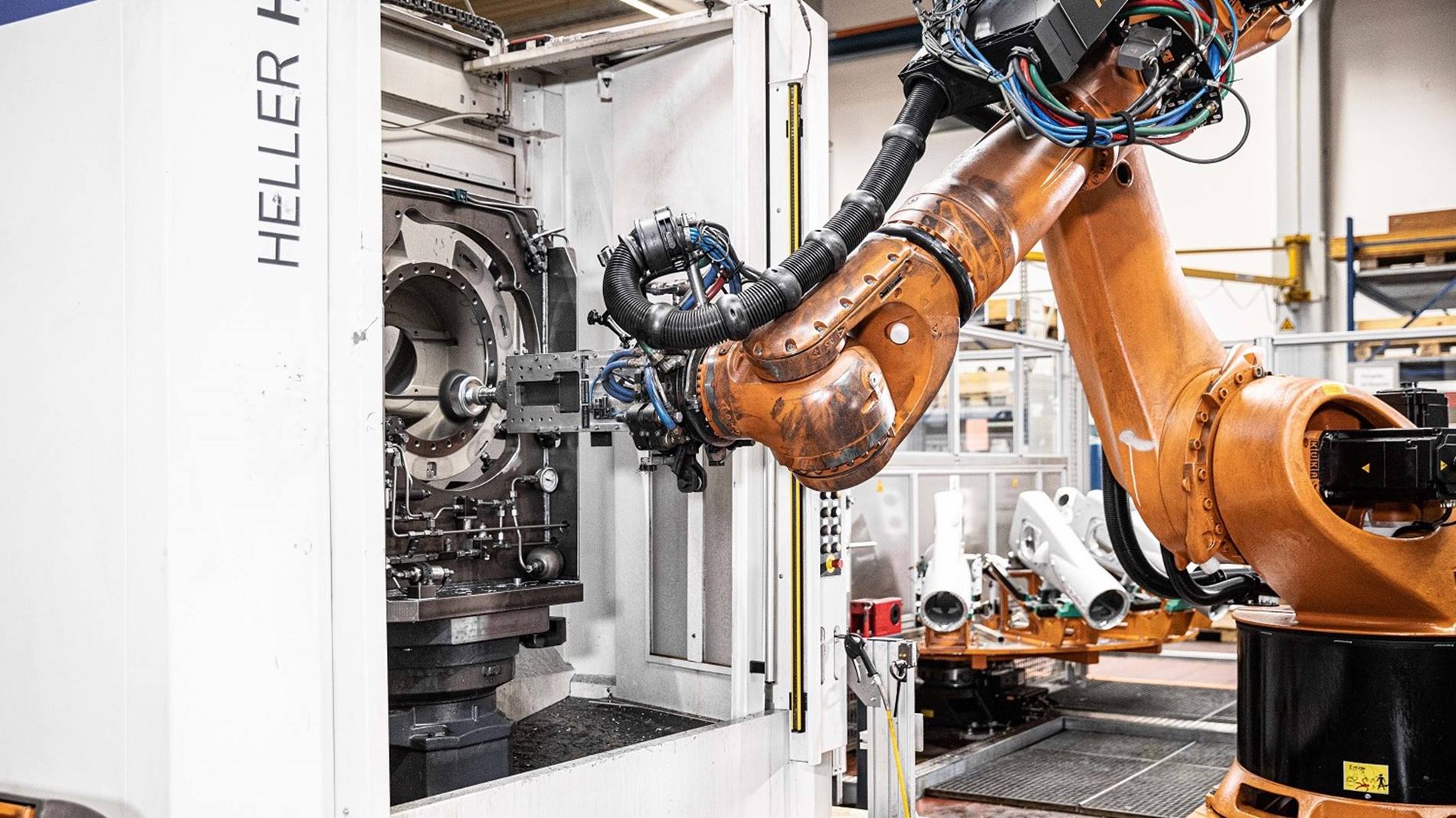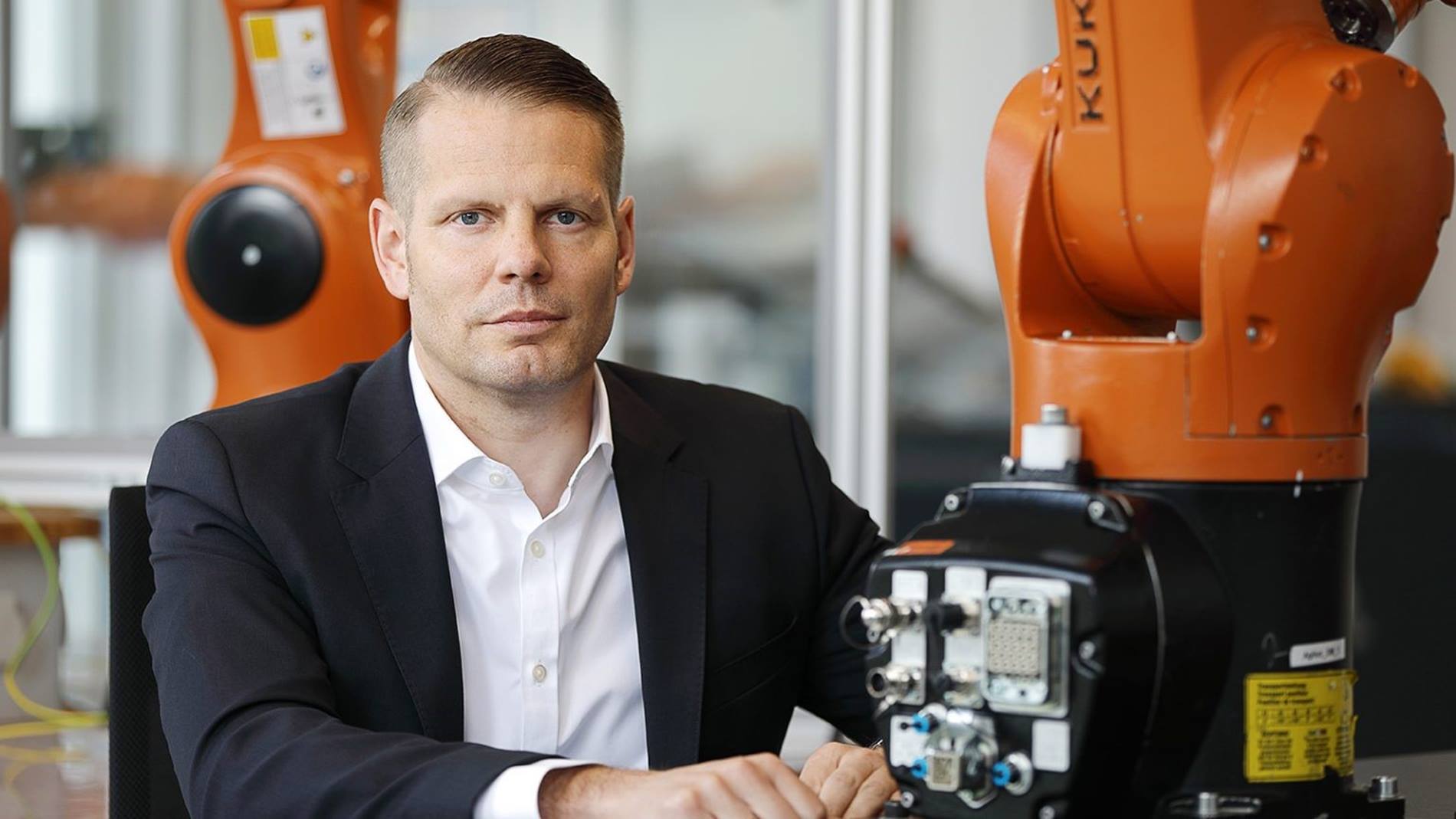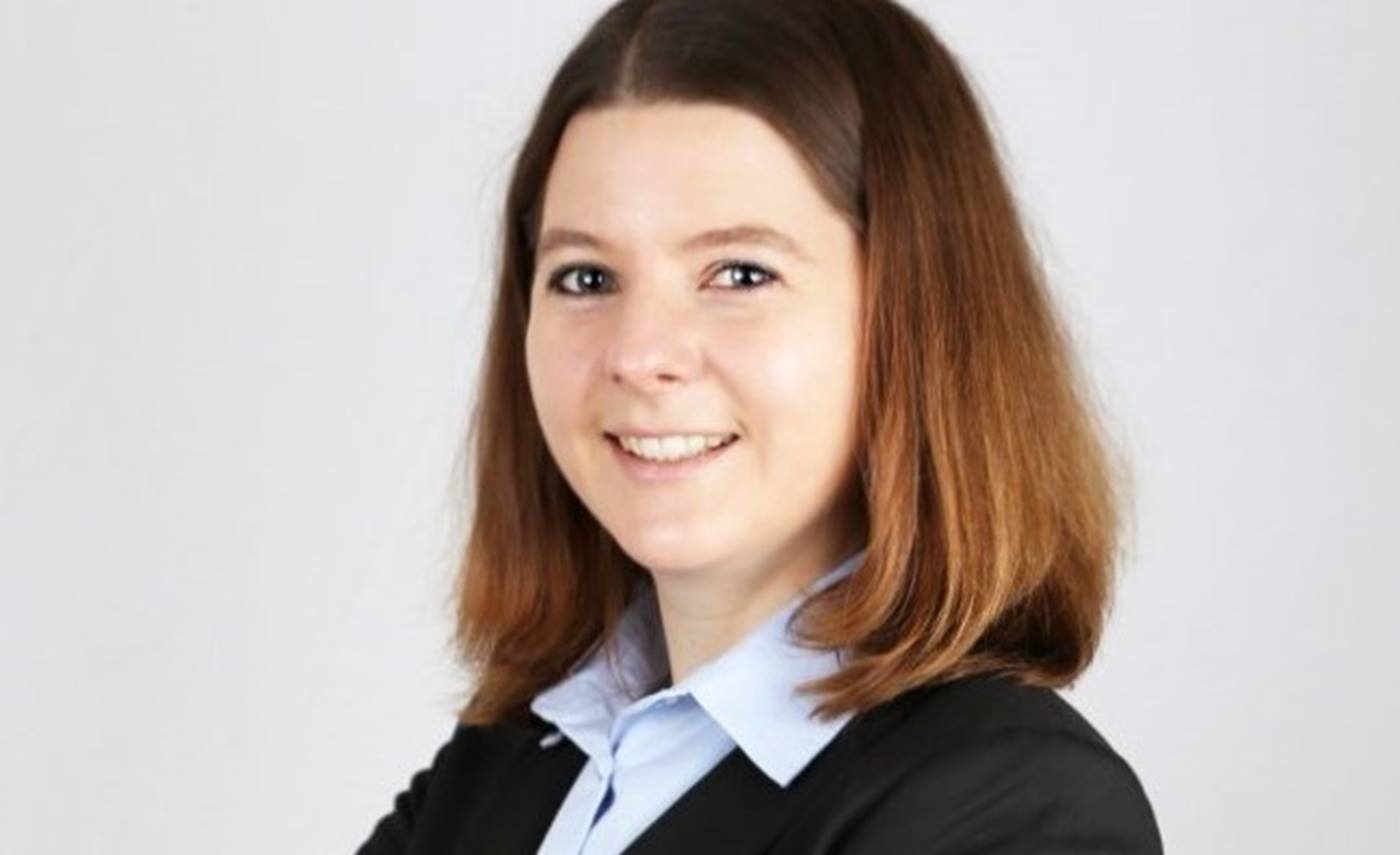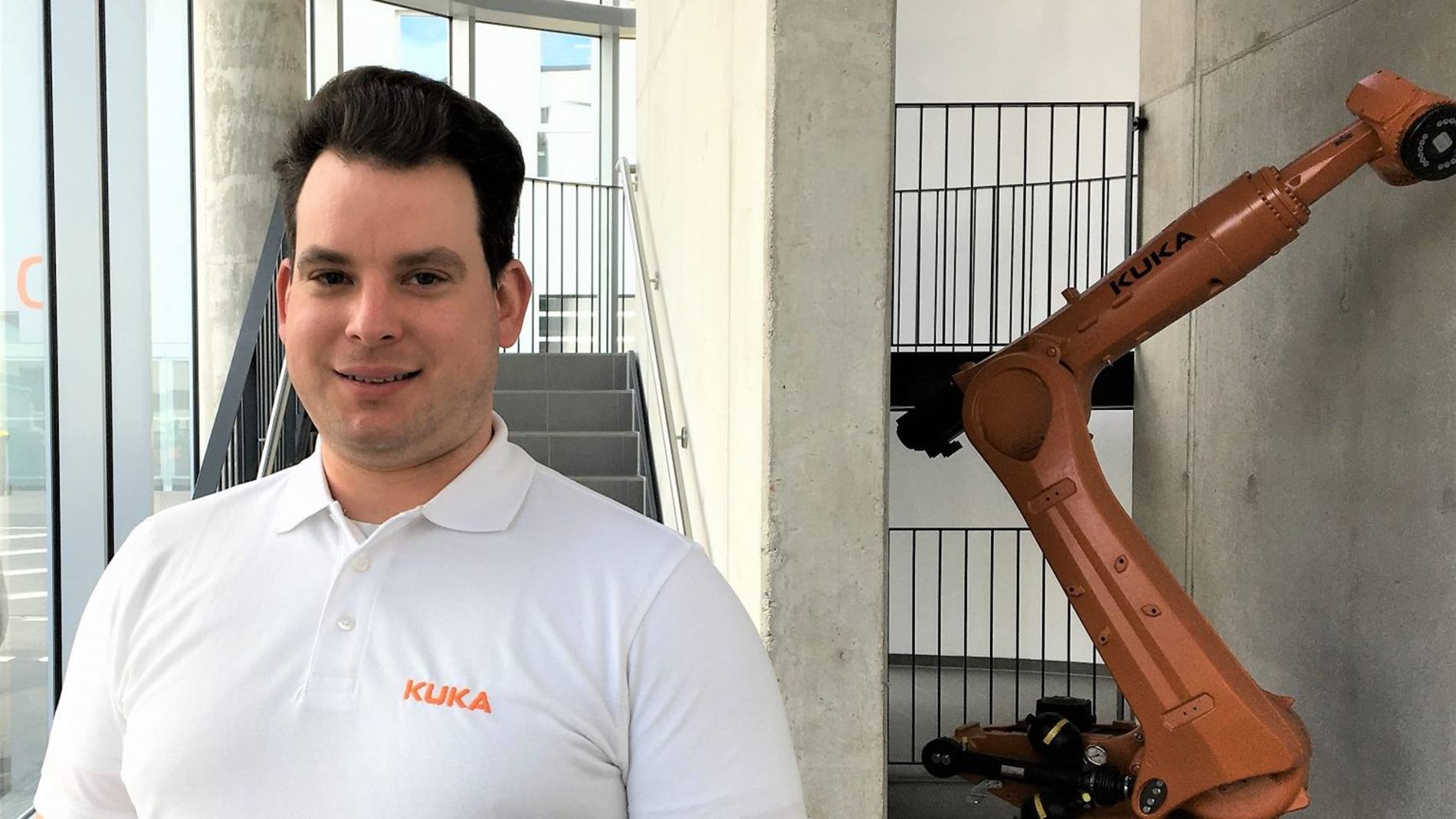Why have KUKA and SAP formed a partnership?
Actually, everyone is quite happy without Industry 4.0. For this reason, industry waits and does not invest heavily, since the effects of digitization are comparatively small.
You are using Internet Explorer and will not be able to use our website properly.
Please change to an up-to-date browser for ideal presentation of the website.

It is located in Hall 10 on the Augsburg plant premises: a manufacturing cell in KUKA’s in-house machining department. SAP and KUKA are working out how industrial digitization can succeed in ongoing production. In doing so, the companies are pursuing a clear goal as part of their partnership: to prepare industrial production for challenges and use cases that are still unknown today – and to do so as tangibly as possible, using a joint Industrie 4.0 showcase in a real production environment.
“Industrial processes run well today, maintenance works. But: no groundbreaking conclusions could be drawn from collected data so far,” says Dr. Christian Liedtke, Head of Strategic Alliances and digitalization expert at KUKA. Together with his colleague Bastian Jehl, he deals with topics such as cloud connectivity, asset management and the digital twin on a daily basis.

Actually, everyone is quite happy without Industry 4.0. For this reason, industry waits and does not invest heavily, since the effects of digitization are comparatively small.

This attitude changes dramatically as soon as a machine unexpectedly suffers damage, comes to a standstill, the performance is no longer suitable or supply chains break down. That’s when Industry 4.0 becomes attractive.
No matter what the challenge is and no matter what machines or components are active in the environment of industrial robots. “To overcome the problems, it is necessary to work together with higher-level software systems. And this is exactly what the partnership between KUKA and SAP as a software system provider is based on.

That is why we are working together to develop a basis that can solve these problems,” says Alexandra Altermann, Strategic Partnerships Industry 4.0 and Digital Supply Chain at SAP.
Bastian Jehl, IIoT Solution Engineer at KUKA, is working on how Industrie 4.0, Smart Factory and cloud connectivity can be implemented in practice.
“The joint showcase with SAP in our production facility will be the first SAP AIN implementation with a KUKA robot. Another goal is the joint evaluation of new business models,” says Bastian Jehl. What is special about this example of digital transformation is the way it was implemented: Because the starting point was ongoing production and not a test setup. The IIoT application is implemented with components that have already been in operation for some time.
